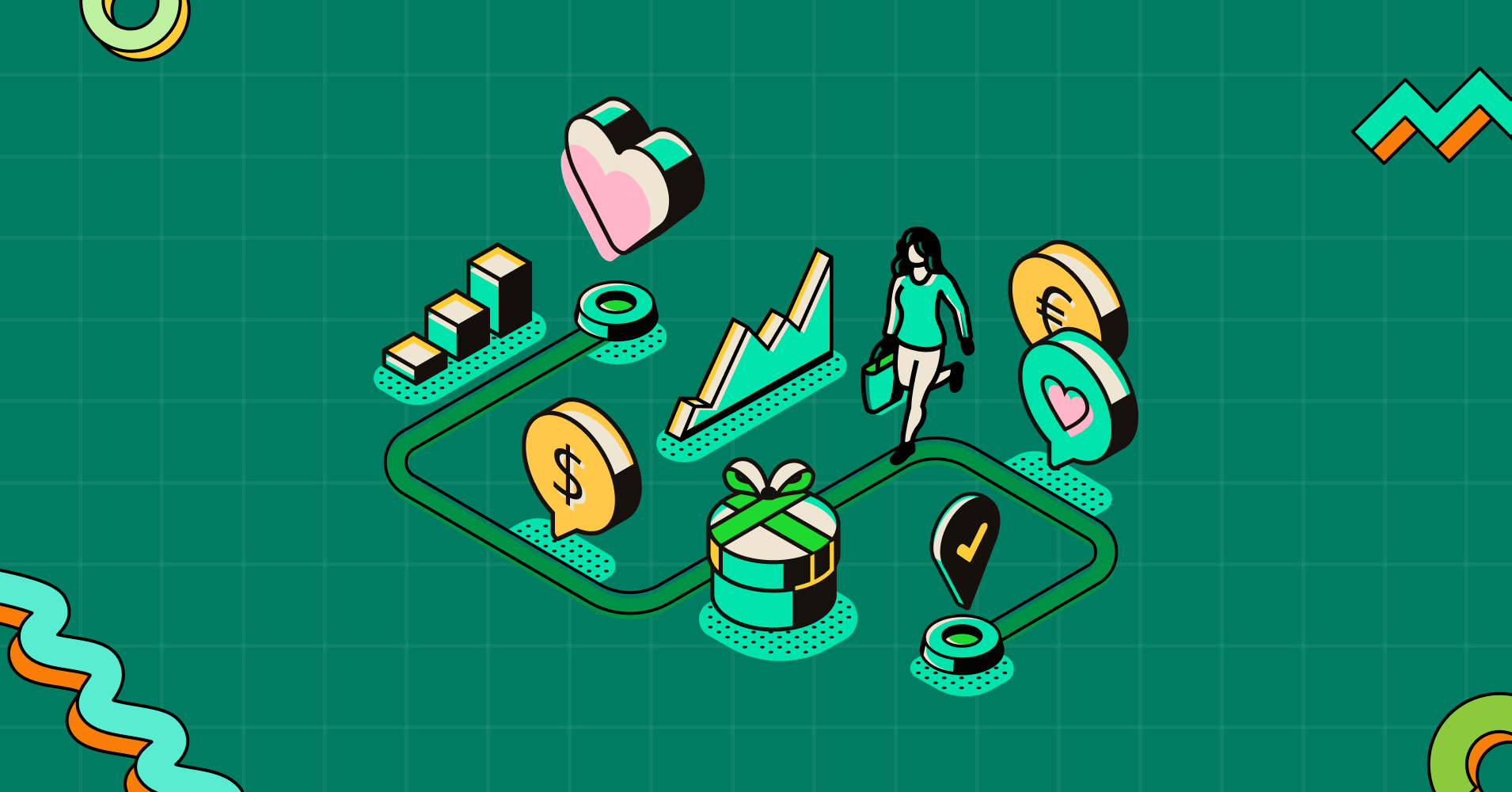
Explore Digital Customer Journey Mapping: Awareness to Advocacy
By Md. Ariful Basher
June 6, 2023
Last Modified: July 27, 2025
All say that digital customer journey mapping is essential.
But why?
Before we get into the mapping, let’s talk about the customer journey. And how vital it is to companies to make the journey as enjoyable as possible.
Obviously, you know about iPhone. Opening an iPhone box is highly satisfying. The box slowly reveals the phone. Creating a “whoosh” sound gives a “WOW” effect.
It’s not a random design by the packaging department. Apple put a lot of resources into this research. With Steve Jobs himself, a team of experts designed and patented the box design.
It seems too much for a box, or is it? This box ensures the premium feel of the product.
Apple knows this because they know their customer. They have the complete map of the journey that a customer experiences. And that’s the reason we love their products.
Sounds interesting. So, let’s start from the top.
What is the customer journey?
A customer journey is a person’s journey with a brand or business, from awareness of pain points to post-purchase service.
Customer journey stages
Customers go through several stages before they purchase a service or a product. Many steps involve making a customer stay with a business longer.
These steps are more emotional than technical for a customer. We must know the steps first to maintain a positive emotion about your business.
Let us introduce the steps. Here, the block you’ll interact with below represents the emotional steps in a customer’s journey toward making a purchase decision.
1. Awareness
Visitors get to know you for the first time.
Methods,
- Advertising
- By social media
- Google search
- Referrals
2. Engagement
Now that visitors know you. Engage with them.
Methods,
- Blog posts
- Videos
3. Subscribe
At this point, start to implement lead magnets. Try to register them for something.
We have to get the email to talk with them.
Register for,
- Webinar
- Demo
4. Convert
Here we will convince our subscribers for a micro commitment. Something that they can do without overthinking. It could be a subscriber attending the webinar.
commitment for,
- A small amount of Money
- Very short Time
5. Excite
At this point, your visitor committed something for you. Now it is your job to build up excitement about your business.
Ways,
- Create a good product
- Deliver your USP properly
- Make them wander (by webinar)
- Make them understand (by a demo)
6. Ascend
You made your visitor excited about your product. Now it’s time to climb the purchasing ladder by developing gradual trust.
Purchase ladder,
- Start with offering a smaller package
- Then offer a bigger deal
- Finally, offer the retainer agreement.
7. Advocate
Here, your customer is happy about your product. And started to say nice things about your business. And you don’t have to ask for it.
Feedback,
- Testimonials
- Customer stories
- Social media share
8. Promoter
Finally, your visitor becomes your free marketer. They are now actively suggesting your business to your potential customer. It helps you start the whole process from step 01 with the new customer.
Ways,
- Referrals
- Affiliates
Now we are all on the same page. Let’s start mapping the journey. But what do I mean by the journey map?
What is a customer journey map?
A customer journey map is a diagram where you can depict a customer’s pathway while interacting with the business at a different touch point.
Benefits of digital customer journey mapping
We talked about Apple’s customer experience. They put significant effort into making the customer or user journey incredible. They were able to do this because of the mapping.
Now, let’s discuss a few more advantages of customer journey mapping.
1. Get a consistent view of their journey
Multiple departments work simultaneously to ensure a smooth path for customers. But if departments have different ideas about the customer journey. It will create confusion for the company as well as customers. But a single journey mapping will omit this confusion.
2. Pinpoint gaps in service or communications
A map will help you to figure out the gaps. Let’s say you are losing your customer from your radar after a sale. They are not getting in touch with you anymore. A map will allow you to investigate more to the right point.
3. Predict buyer behavior
A map will give you a clear visual of your customer’s nature. You can see how your customer interacts with your business and how long they take to purchase.
4. Enhance the customer journey
You can pinpoint the struggles of your customer with your business. By putting clear remarks, you can work on it quickly. Also, it will help to convince your stakeholders to invest more to improve the customer’s journey.
5. Improve Return on Investment (ROI)
You can optimize your investment because of the detailed buyer’s journey. You can set a more effective, accurate investment strategy in the right place. Moreover, you can suggest any reduction in investment.
The customer journey mapping process
So far, we understand the benefits of customer experience mapping. Now let’s dive a bit deeper to explore the process.
The digital customer journey mapping process has 5 steps.
Set a goal
You have to know your market. Based on your market, define the purpose of this mapping. The purpose can be anything. It could be for exploring new opportunities, or it could be for refining the customer experience.
Create personas
You may need either B2C or B2B customer journey map. You cannot create the right journey scenario without creating customer personas. Try to cover all kinds of customers or businesses who interact with you.
Select touchpoints
Now list all kinds of touch points your customer goes through with your business. It could be social media, blogs, videos, websites, agents, and even referrals. The list must cover every single purchase, even the small ones.
Current journey map
Then draw the map of the current journey that your customer is going through. Cover every single journey map possible. It may include sales agents, marketers, affiliates, websites, and social media. Your loyal customer may also be included in the list.
Data analysis
Finally, you can analyze data from this map. It can help you find out what the ideal journey pathway should be. It can give you new opportunities. Furthermore, it will provide a clear picture of the gaps.
What’s included in a customer journey map?
Till now, we have talked about the digital customer journey mapping steps and mapping process. Now we will create the map.
We will organize the data from different sources in tabular form.
| In the column | In the row |
|---|---|
| Awareness | User action |
| Consideration | Touchpoints |
| Purchase | Emotion |
| Onboarding | Pain points |
| Advocacy | Possible Solution |
We have discussed all of these above. So, I’m skipping the details and drawing a demo journey map.
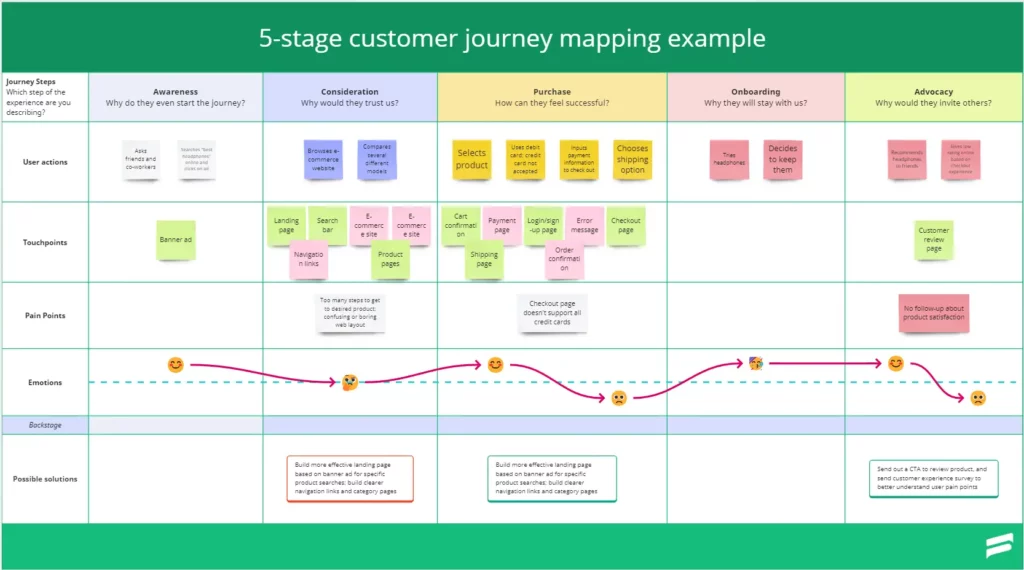
Ways of creating a customer journey map
We have already created the map. But you might ask this question. Is there any customer journey mapping software or tool? Well, there are a lot of ways for this.
UXpressia is the platform dedicated to CX mapping. It has a persona-creating setup for creating multiple fictional and real customer personas from actual data. You do not need any design or spreadsheet tool to use this.
But you can explore a few alternatives if you are handy with other tools. Figma has a template for the mapping. And you can use a template in FigJam. Another whiteboard tool, Miro, has a mapping template for creating the journey map.
Chart-making software is also ideal for making a map of the customer journey. The lucid chart has a template for digital customer journey mapping.
Say you are someone don’t want to be all technical. You just want a simple template where you can type your customer journey map. Then you can also try Hubsopt’s detailed journey map template.
But the best way is to use a good old-fashioned whiteboard and sticky notes or Sharpie. You can use a simple customer journey mapping template for this. Do the modification and match it with your setup for better output.
Customer Journey Mapping Template
Get your hand on to a sample customer journey mapping template for FREE. Map out your customer journey by analyzing touch points to understand your customer experience.
Wrap up
70% of customers say they will only shop with a business that personally understands them. Big brands understand their customer. Because those brands put lots of effort into creating a perfect customer journey map.
Even CX experts say to build a sustainable business, you have to understand the flow of the customer. This gives new ideas and opens new opportunities.
Lastly, digital customer journey mapping is not just “good” anymore if you are growing a business. But it is a must.
Start off with a powerful ticketing system that delivers smooth collaboration right out of the box.






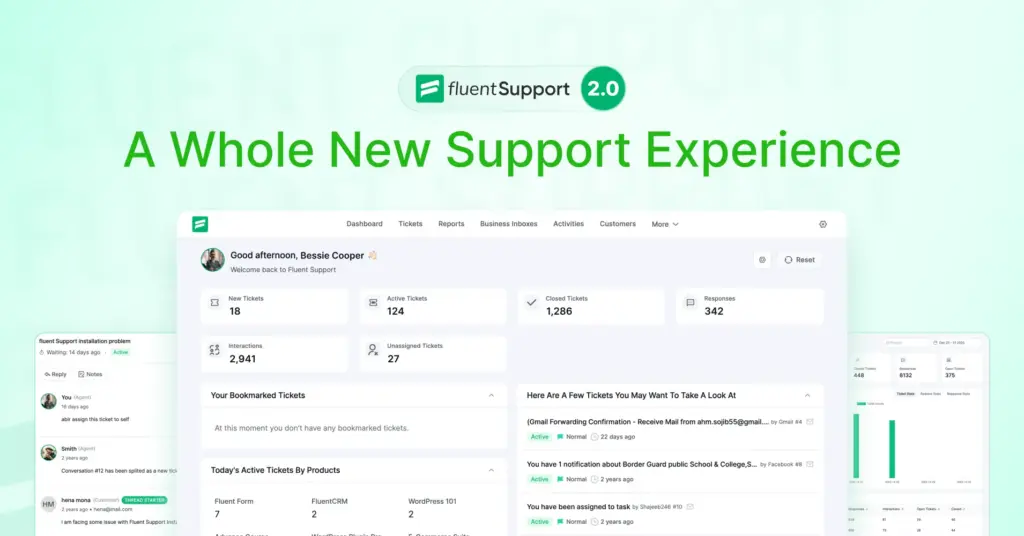

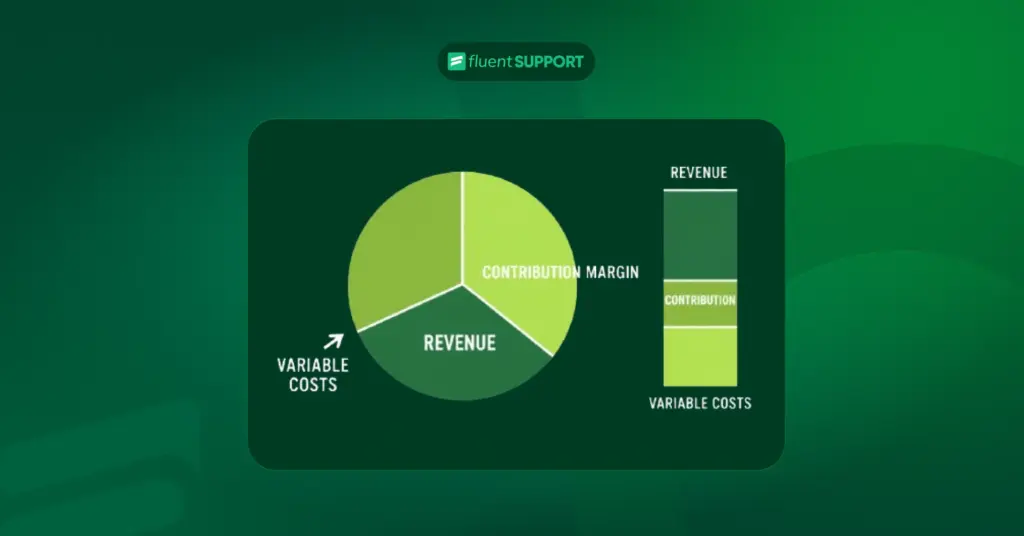

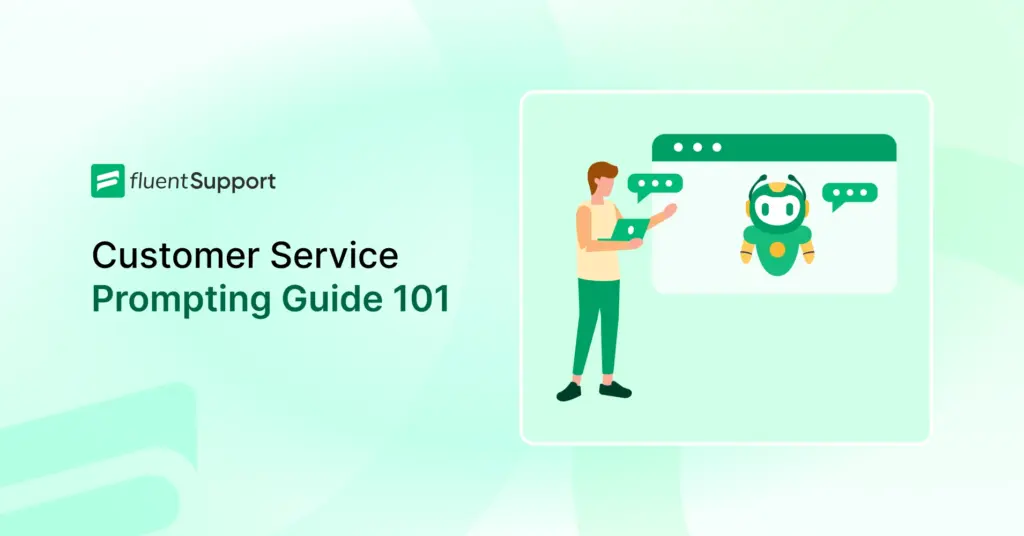

Leave a Reply